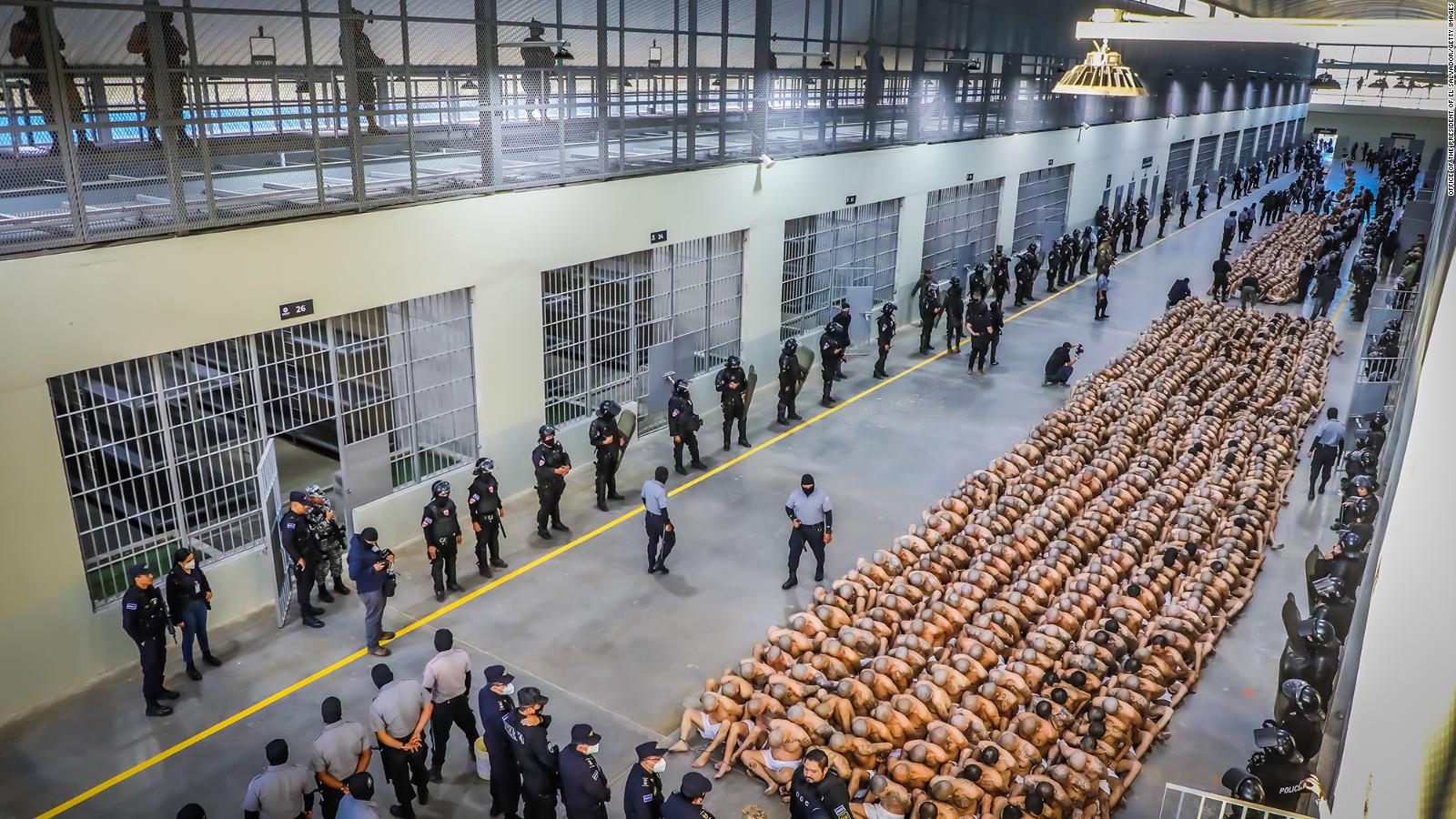Labor Day in El Salvador: What Bukele's Opponents Demand 1:54
(CNN Spanish) -- The president of El Salvador Nayib Bukele celebrates four years at the head of the small Central American nation on Thursday. It does so with high levels of popularity, built mainly around its security policies, according to some polls such as Cid Gallup's.
However, human rights defenders at home and abroad question his methods because they consider them to violate human rights.
On the street, people highlight the Bukele government's work on security, reducing homicides. "Very excellent what they are doing for all the Salvadoran people. Thank God we are better," José Cartagena tells CNN, who shares that he now feels safer than in the past.
In 2018, according to official statistics, El Salvador registered a rate of 50.4 homicides per 100,000 inhabitants and by 2022 that rate dropped to 7.8. For this year, authorities project the average to be close to 2, according to René Merino Monroy, El Salvador's defense minister.
- Nayib Bukele announces he will seek presidential re-election in El Salvador in 2024
On May 11, the government of El Salvador celebrated having reached 365 (non-continuous) days without homicides, counted since Nayib Bukele assumed the presidency on June 1, 2019.
advertising
The government attributes this reduction to its security plan and the emergency regime, in force since the end of March 2022 and extended 14 times. This measure suspends constitutional guarantees such as extending from 72 hours to 15 days the term of provisional detention or the interception of telecommunications without the approval of a judge.
Relatives of detainees have held marches and other actions to denounce what they believe were arbitrary arrests, saying they have no ties to gangs.
The regime was approved by the Assembly, controlled by Bukele's party, in response to the uptick in violence, attributed by the government to gangs after they caused 62 homicides in a single day, in the most violent day so far in the current administration and in recent years. Bukele asked the Assembly to vote in favor of the emergency regime after those events.
El Salvador's New Mega Prison
From March 27, 2022 — when the regime was implemented — to date, authorities report the detention of more than 68,000 people. Of those, about 5,000 have been released by judges after determining they have no gang ties, according to Gustavo Villatoro, Minister of Justice and Security. The government has only reported these figures through statements by its officials or communiqués from the Presidency, but has not made public a detailed report on the evolution of the crime statistics it disseminates or the situation of detainees.
Faced with the increase in detainees, the government built a mega-prison on the outskirts of San Salvador with capacity for 40,000 inmates. So far, only 4,000 inmates have been taken to that prison.
Criticism of Human Rights Violations
Despite the results highlighted by the Government and the approval of most people, according to surveys such as that of Cid Gallup, three experts from the United Nations Human Rights Organization asked the government of El Salvador on May 22 to "immediately repeal the regime of exception", a request that the Government has already rejected in the past.
Nayib Bukele
